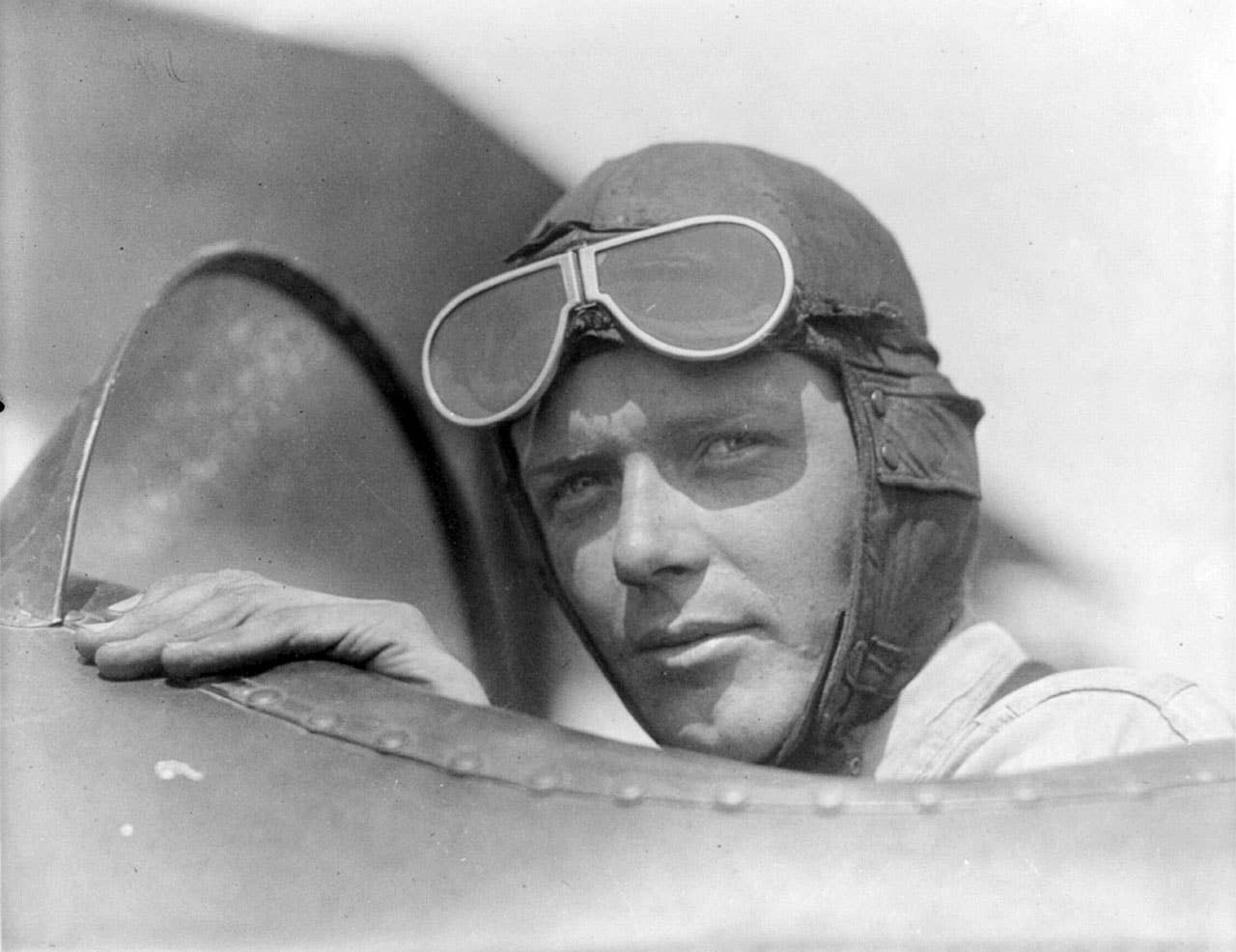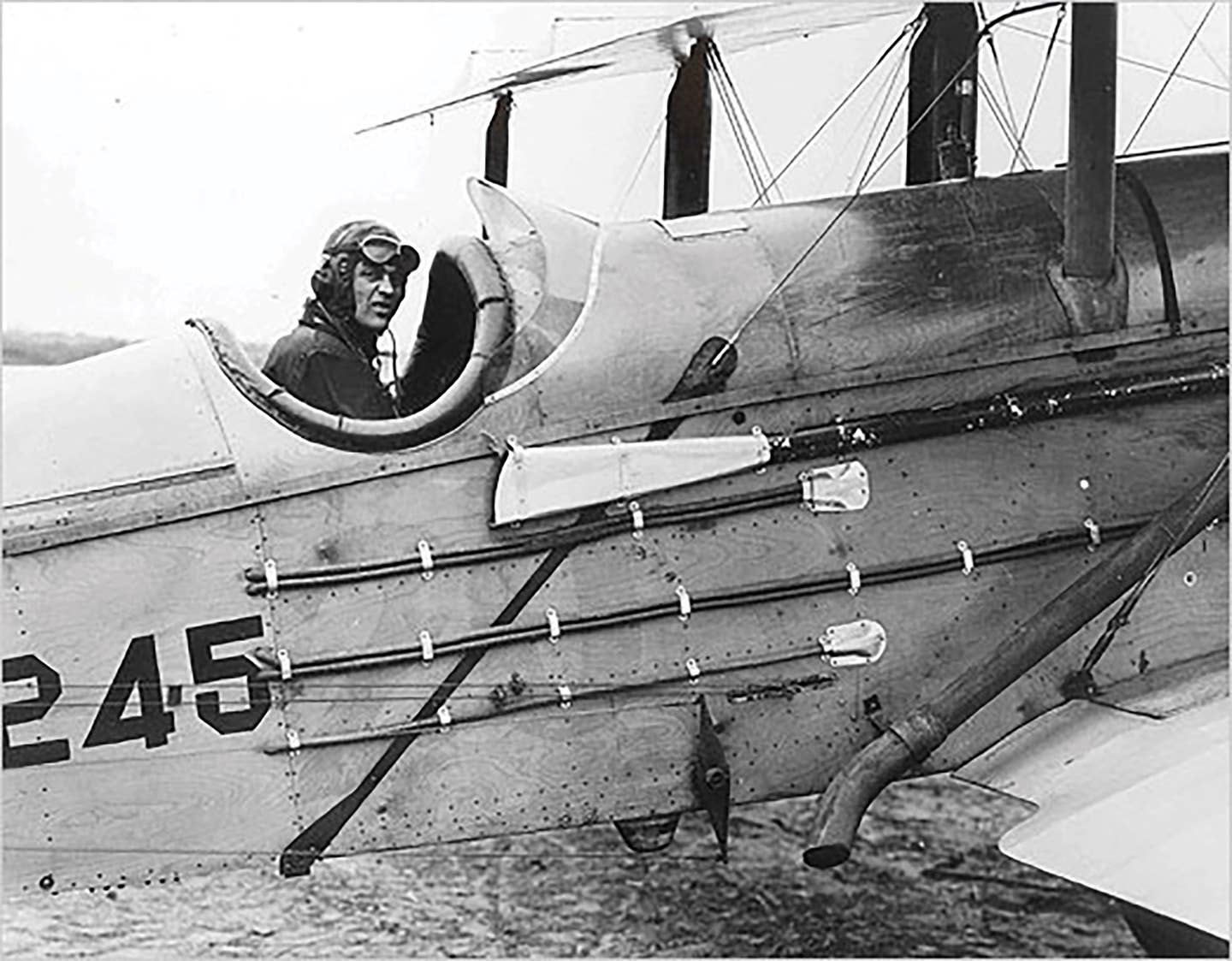Charles Lindbergh
The first person to fly solo and nonstop across the Atlantic was many things—a pilot first and foremost, I’d argue, but running a close second was his skill as a…

An adept user of the media of the day, Charles Lindbergh became arguably the most famous living person in the world following his trans-Atlantic flight in the Spirit of St. Louis. Despite his overwhelming popularity, Lindbergh has a remarkably complex legacy.
The first person to fly solo and nonstop across the Atlantic was many things---a pilot first and foremost, I'd argue, but running a close second was his skill as a promoter. Charles Lindbergh became famous as an aviator because he wanted fame, and he took the big risk. It paid off. It's seldom in history that a planned achievement, in this case, the crossing by plane of the Atlantic Ocean, hits the perfect note at just the right moment. But like Thomas Edison and Alexander Graham Bell before him, both of whom captured the popular imagination with the promise of world-changing technology, Lindbergh's solo crossing of the Atlantic was likewise magical. A decade after the War to End All Wars, and a decade before the world war that came next, Lindbergh's message was one of hope and progress. The world, Lindy seemed to prove, could be made so much smaller.
Aviation could be an enabling technology toward a closer, more interdependent and progressive planet. Of course, the opposite wound up happening. Before long, aviation became the centerpiece of bigger, faster and crueler wars, as the Luftwaffe rained hellfire over Europe and beyond. But for a glorious and too-short period of time, Lindbergh's trans-navigation of a vast ocean resonated and turned people's eyes skyward. And, no, it didn't hurt that there were magazine articles by the hundreds, feature films and books about Lucky Lindy and his death-defying air voyage. But in the end, it was the event that drove the fame and not the other way around.
Ultimately, the aviator's legacy was complex, with dubious associations politically and revelations after his death of bigamy---he fathered at least seven children with women in Germany outside of his marriage to Anne Morrow Lindbergh. But the fact remains: Lindbergh's Atlantic crossing inspired a generation of aviators and aviators to come so powerfully that we are still seeing the positive ripples of that flight today, 95 years later.

Subscribe to Our Newsletter
Get the latest Plane & Pilot Magazine stories delivered directly to your inbox






